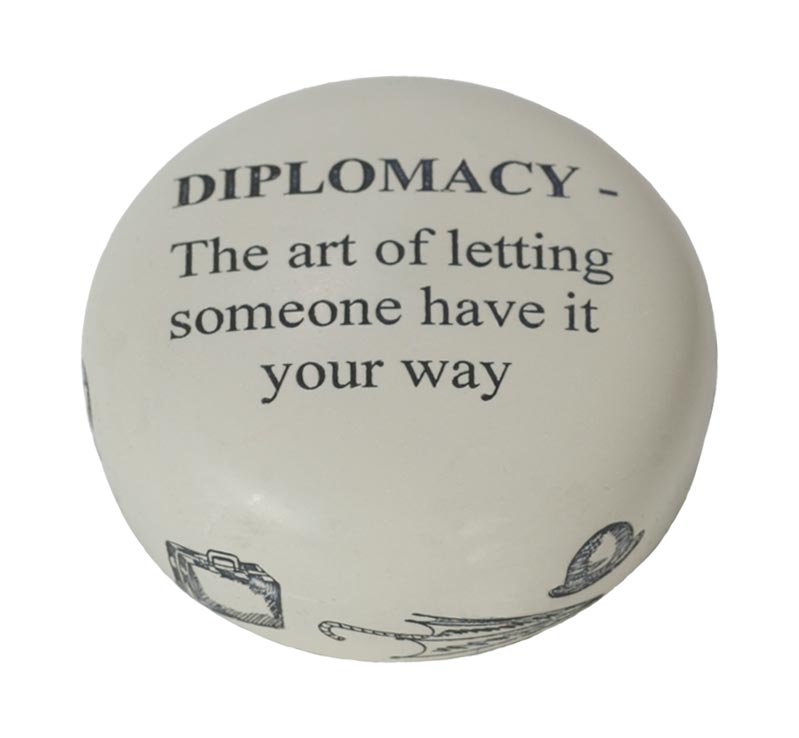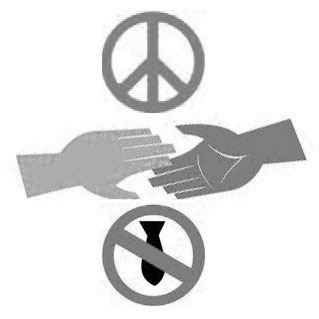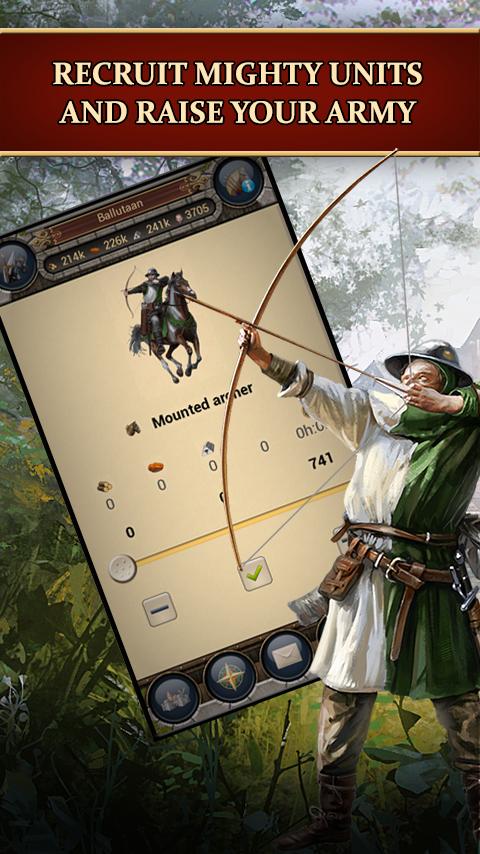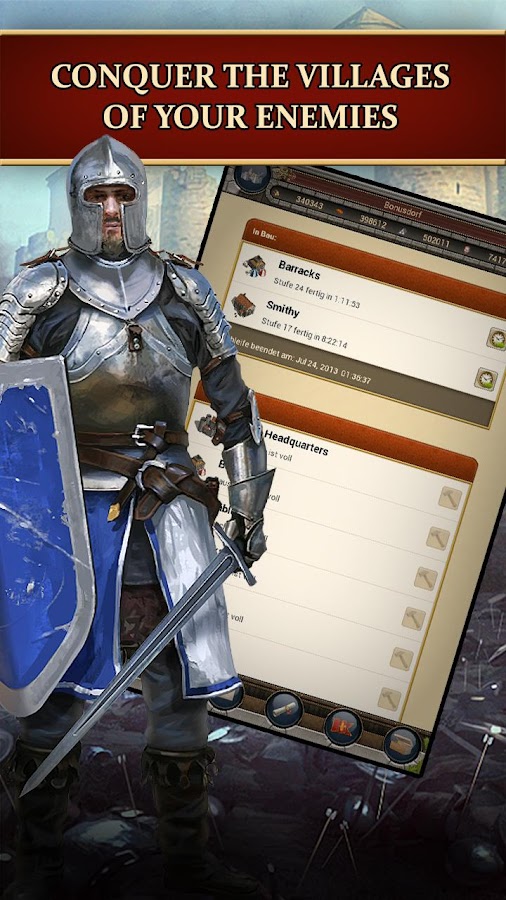DeletedUser
Guest
Hello everybody,
Today, I wish to open a real discussion and begin exchanging ideas. Our topic for today is...
Today, I wish to open a real discussion and begin exchanging ideas. Our topic for today is...
The potential for success with tribes that maintain 0 forms of any diplomacy.

Some will argue that diplomacy is a necessary concept in Tribal Wars

While others see it as something that will inevitably hinder you. In some cases these people even believe overuse of diplomacy is destroying the excitement of Tribal Wars.












In the early stages of the game...


It isn't hard to disagree with the notion that it is not difficult to maintain such a standard early on in the world, especially considering the players/tribes that will later shape the world are still growing and busy clearing out their areas. Therefore, probability has likely presented a lot of luck and you are not bordering them early on. So the no diplomacy slaughter of the mass recruit/noob tribes locally is the best move for just about, if not every, halfway decent tribe that exists on the said world.
Looking back, I have done this myself as the sole Duke of different tribes plenty of times early into a world. No diplomacy whatsoever was always my approach until a formidable opposition approached, in which case I'd enter diplomacy if it wasn't in the interests of my tribe to fight them at the time. There is a lot of merit to both sides, but there are downsides to both as well.

But, tribes like -ND- for example, may find themselves in a bad place if they were to reject the wrong tribe for an NAP. Especially if they had multiple fronts open already at the time...

Imagine if a tribe had two fronts on opposite sides open. A bordering tribe asks for an NAP to allow them to respectfully continue their conflict with peace of mind knowing that front is safe.


Now the third tribe sits back, builds large quantities of noblemen, nukes, and gets their border thoroughly stacked. Then on a fateful day more or less a week later you get a wake up call inbound to your newly opened 3rd war front...

Specifically in -ND-'s case, I can imagine every tribe bordering you at the moment has plans to attack you because of how vocal you have been on the world forums about how you will not Ally or NAP anybody whatsoever. Same should be said for any future tribes that so openly declare this.

However, what if the tribe is secret about this being their policy for diplomacy?
i.e. "We won't Ally or NAP anyone. But we won't let anyone know that."

The issue with this, is that unless you keep that a secret from even your members (who may get mad at you for that as well), then it will eventually get out. Players quit and tell others once they don't care anymore things that were once secret. These people they tell sometimes tend to be your competitors, which would be everybody if you have no Allies or NAPs and only bright red and dark red on your map.
It would be easy for a spy in your tribe to force an unnecessary war upon your tribe as well.
A player could be ready to merge into an opposing tribe members account and can attack them massively to initiate a war, then be nobled and instantly be playing against you. Do not say it is impossible, because 98% of tribes in TW have suffered from a lack of loyalty in some way at some point in their lives. Even if it was only one player, one time.
Will -ND- even stand a chance on this world?

-ND- will be facing a war with Pig F. probably before CODEX is fully dealt with, therefore you will be on two fronts extremely early in the game with two tribes larger than you if I am correct. There is a chance some smaller rim tribes may even hit you during this time too.
Dylar I know you will be in here to say you guys can handle it, but instead of rebuttals...
-

Any tribe that goes this route will surely have it rough.

:icon_cool::icon_eek::icon_cool: Have a great day :icon_cool::icon_eek::icon_cool:everybody! :icon_cool::icon_eek::icon_cool:

[SPOIL]I actually like -ND- despite what this may look like lol :icon_wink:[/SPOIL]

Some will argue that diplomacy is a necessary concept in Tribal Wars

While others see it as something that will inevitably hinder you. In some cases these people even believe overuse of diplomacy is destroying the excitement of Tribal Wars.












In the early stages of the game...


It isn't hard to disagree with the notion that it is not difficult to maintain such a standard early on in the world, especially considering the players/tribes that will later shape the world are still growing and busy clearing out their areas. Therefore, probability has likely presented a lot of luck and you are not bordering them early on. So the no diplomacy slaughter of the mass recruit/noob tribes locally is the best move for just about, if not every, halfway decent tribe that exists on the said world.
Looking back, I have done this myself as the sole Duke of different tribes plenty of times early into a world. No diplomacy whatsoever was always my approach until a formidable opposition approached, in which case I'd enter diplomacy if it wasn't in the interests of my tribe to fight them at the time. There is a lot of merit to both sides, but there are downsides to both as well.

But, tribes like -ND- for example, may find themselves in a bad place if they were to reject the wrong tribe for an NAP. Especially if they had multiple fronts open already at the time...

Imagine if a tribe had two fronts on opposite sides open. A bordering tribe asks for an NAP to allow them to respectfully continue their conflict with peace of mind knowing that front is safe.

The tribe that is being ganged says "No, we do not engage in any form of diplomacy with other tribes."
So, the third tribe shrugs and says "Ok, we'll just be over here doing our own thing."
So, the third tribe shrugs and says "Ok, we'll just be over here doing our own thing."
Now the third tribe sits back, builds large quantities of noblemen, nukes, and gets their border thoroughly stacked. Then on a fateful day more or less a week later you get a wake up call inbound to your newly opened 3rd war front...

Specifically in -ND-'s case, I can imagine every tribe bordering you at the moment has plans to attack you because of how vocal you have been on the world forums about how you will not Ally or NAP anybody whatsoever. Same should be said for any future tribes that so openly declare this.

However, what if the tribe is secret about this being their policy for diplomacy?
i.e. "We won't Ally or NAP anyone. But we won't let anyone know that."

The issue with this, is that unless you keep that a secret from even your members (who may get mad at you for that as well), then it will eventually get out. Players quit and tell others once they don't care anymore things that were once secret. These people they tell sometimes tend to be your competitors, which would be everybody if you have no Allies or NAPs and only bright red and dark red on your map.
It would be easy for a spy in your tribe to force an unnecessary war upon your tribe as well.
A player could be ready to merge into an opposing tribe members account and can attack them massively to initiate a war, then be nobled and instantly be playing against you. Do not say it is impossible, because 98% of tribes in TW have suffered from a lack of loyalty in some way at some point in their lives. Even if it was only one player, one time.
Will -ND- even stand a chance on this world?
-ND- will be facing a war with Pig F. probably before CODEX is fully dealt with, therefore you will be on two fronts extremely early in the game with two tribes larger than you if I am correct. There is a chance some smaller rim tribes may even hit you during this time too.
Dylar I know you will be in here to say you guys can handle it, but instead of rebuttals...
-

Any tribe that goes this route will surely have it rough.
:icon_cool::icon_eek::icon_cool: Have a great day :icon_cool::icon_eek::icon_cool:everybody! :icon_cool::icon_eek::icon_cool:
[SPOIL]I actually like -ND- despite what this may look like lol :icon_wink:[/SPOIL]

Last edited by a moderator:

